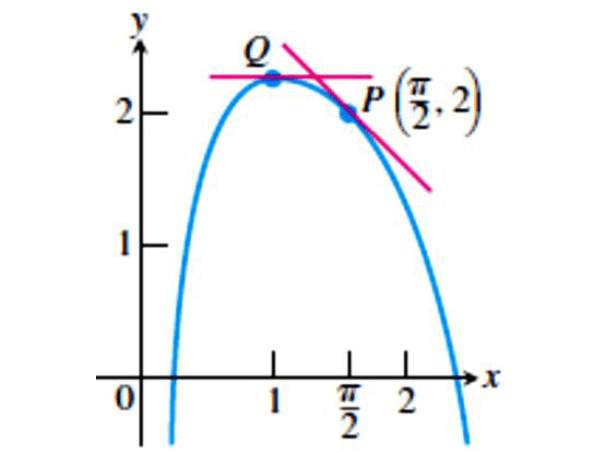SEQUENCES AND SERIES
Sequences
Listing out the collection of elements (numbers or alphabets) horizontally separated by commas form a sequence. Usually, the collection of elements is ordered in such a way that each element is identified first member, second member, third member and so on.
For example, list of monthly profits of a business for the past 1 year. The amount of money is being deposited deposited in a bank account every year over a number of years form a sequence. We have applications of sequences in many situations of our day to day life.
If a sequence follows a specific pattern, it is called progression. For example, arithmetic and geometric progrssesions are sequences which follow specific patterns.
Problem 1 :
Write the first four terms of the sequence whose nth term is given below.
an = 2n + 5
Solution :
To get the first four terms, substitute n = 1, 2, 3, and 4 into the nth term of the given sequence.
n = 1 :
a1 = 2(1) + 5
= 2 + 5
= 7
n = 2 :
a2 = 2(2) + 5
= 4 + 5
= 9
n = 3 :
a3 = 2(3) + 5
= 6 + 5
= 11
n = 4 :
a4 = 2(4) + 5
= 8 + 5
= 13
The first four terms of the given sequence :
7, 9, 11, 13
Problem 2 :
Write the first three terms of the sequence whose nth term is given below.
Solution :
n = 1 :
n = 2 :
n = 3 :
The first three terms of the given sequence :
Problem 3 :
Find the 25th term of the sequence whose nth term is given below.
an = (n - 1)(2 - n)(n + 3)
Solution :
To find the 25th term of the given sequence, substitute 25 for n into the nth term of the sequence.
a25 = (25 - 1)(2 - 25)(25 + 3)
a25 = (24)(-23)(28)
a25 = -15456
The 25th term of the given sequence is -15456.
Problem 4 :
Let the sequence an be defined as follows.
a1 = 1, an = an - 1 + 2 for n ≥ 2
Find first five terms.
Solution :
The first term of the sequence is given : a1 = 1.
n = 2 :
a2 = a2 - 1 + 2
= a1 + 2
= 1 + 2
= 3
n = 3 :
a3 = a3 - 1 + 2
= a2 + 2
= 3 + 2
= 5
n = 4 :
a4 = a4 - 1 + 2
= a3 + 2
= 5 + 2
= 7
n = 5 :
a5 = a5 - 1 + 2
= a4 + 2
= 7 + 2
= 9
The first five terms of the given sequence :
1, 3, 5, 7, 9
Series
If you add all the terms of a sequence, it is called series.
Let a1, a2, a3, ........, an - 1, an, be a given sequence, then the expression
a1 + a2 + a3 + ........ + an - 1 + an
is called the series associated with the given sequence.
The series is finite or infinite according as the given sequence is finite or infinite. Series are often represented in compact form, called sigma notation, using the Greek letter ∑ (sigma) as means of indicating the summation involved.
Thus, the series
a1 + a2 + a3 + ........ + an - 1 + an
is abbreviated as
where i = 1, 2, 3, ......., n.
We have different formulas to evaluate a series depending on its type. To know more about the formulas to evaluate a series and sample problems, please click on the following links.
4. Sum of first n natural numbers
5. Sum of squares of first n natural numbers
6. Sum of cubes first n natural numbers
Kindly mail your feedback to v4formath@gmail.com
We always appreciate your feedback.
©All rights reserved. onlinemath4all.com
Recent Articles
-
AP Calculus AB Problems with Solutions
Dec 26, 24 07:41 AM
AP Calculus AB Problems with Solutions -
SAT Math Resources (Videos, Concepts, Worksheets and More)
Dec 23, 24 03:47 AM
SAT Math Resources (Videos, Concepts, Worksheets and More) -
Digital SAT Math Problems and Solutions (Part - 91)
Dec 23, 24 03:40 AM
Digital SAT Math Problems and Solutions (Part - 91)
